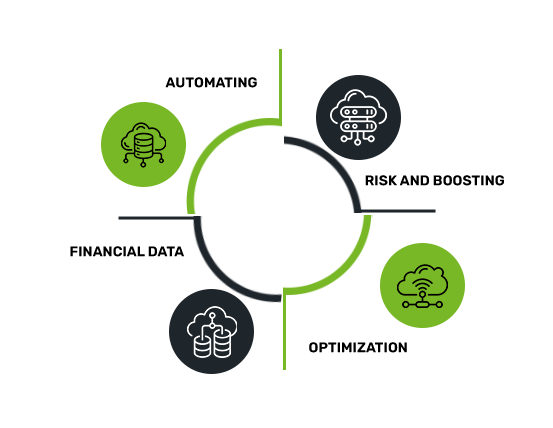What is an ERP?
ERP is a term used to describe a class of software or system that businesses use to organize and control many everyday operations, including supply chains, manufacturing, services, finances, and other processes. Accounting and procurement, project management, customer relationship management, risk management, compliance, and supply chain operations are just a few tasks that enterprise resource planning software may perform to automate and streamline a company or organization.


What is Manufacturing ERP?
ERP software and systems used to plan, manage, and deliver particular features that assist manufacturers and manufacturing business activities are referred to as manufacturing ERP. Modern manufacturing ERP systems are designed to adaptably support and integrate into any business process, giving manufacturers a full business management platform.
ERP systems are a sort of production management software that manages and optimizes the use of corporate resources to boost organizational efficiency in a manufacturing industry. Effectively increasing manufacturing business growth and profitability requires enhancing and/or reducing the number of resources required without compromising quality and performance. Manufacturing businesses may manage essential elements of everything from shop floor operations to supply and inventory planning with the help of ERP software.
















